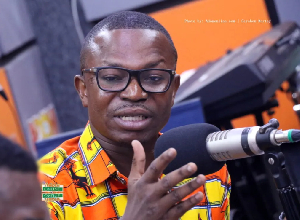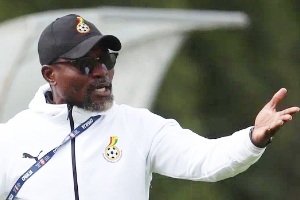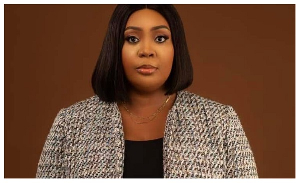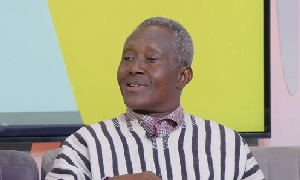It baffles me when most people in the 21st century construct the negative notion that: persons with disability are people suffering from punishment or curses. Others also attach some religious notion that the deformity is as a result of a sin they committed; hence, they should repent in order to be healed.
There have been so many instances where some people suffer mental illness or other physical challenge due to the wicked or evil act they did to some people in the community, but there has not been any statistics to support the notion that all those persons with disability are being cursed.
According to the World Health Organization (WHO), there are more than 600 million disabled persons in the world, of which approximately 80 % live in low-income countries.
In most developing countries, including Ghana, disabled persons constitute an impoverished marginalized group, characterized by lack of access to public health, education, and other social services that would ideally support and protect people with disabilities. Economically as well as in social terms, disabled persons in developing countries are classified among the poorest of the poor.
However, most of the cases recorded concerning persons with disability indicate that there are more people with health related problems than the few people being considered to be suffering from the curses raised on them.
If there are other health implications that result in people being disabled; why do people continue to keep the idea that disability is a curse? This article will look at some of the causes that outcome in a person to be disabled; hence, it will help erase the already existed notion on the fact that “Disability is a curse”.
In my research into how we can categorize disability, there were three most prevalent types of disability which include those related to visual impairment, hearing impairment and physical disabilities. The visual impairment happens to be people who are generally considered in the society as blind or cannot fully use the sight organ of the human body. Thus, visually impaired persons can walk or enjoy any other facility in the society with the help of others.
The hearing impairment persons are also other side of persons with disabilities; hence, they cannot hear nor speak and are mostly known in the society as the deaf and dump persons. The main medium of communication for the deaf and dump persons is through sign language and actions.
On the other hand, physical disabilities are persons with legs, hands, alms, waist and neck issues; hence, restricting them from engaging in normal activities in life. All these people do get the help others in the society before they go about doing any other activity in the society or use walking stick or wheel chair as meaning of transportation.
I believe it is clear that persons with disabilities are not people with curses but rather suffering from health problems causing the disabled condition.
Indeed, disability is not a curse but can be hereditary that is when a person is born with it. There are some people that are being deformed right from birth: hence, it could be a deficiency resulting from any unhygienic diet the some mothers ate during pregnancy stage.
On the other hand, one can be disabled through any form of an accident which occurs unexpectedly. Accident can occur at any time when no one expect; hence, it results in death and sometimes causes damage in the lives of innocent people.
In addition, disability is not a curse because there are some diseases and infections that can also cause disabilities. Some of the diseases include lung diseases, diabetes, glaucoma, rheumatism, epilepsy, etc; thus all these diseases can result in disabilities.
I become very sad when people continue to raise the idea that persons with disabilities must be ignored in our society with the concept of them being cursed by God or people.
In my opinion, I think Ghanaians should desist from creating negative idea about persons with disabilities and rather preach about living in a harmonious society with them. Again, people should show disable persons much love, care and support to help sustain their lives.
Opinions of Tuesday, 23 September 2014
Columnist: Dorcas Aba Annan


















